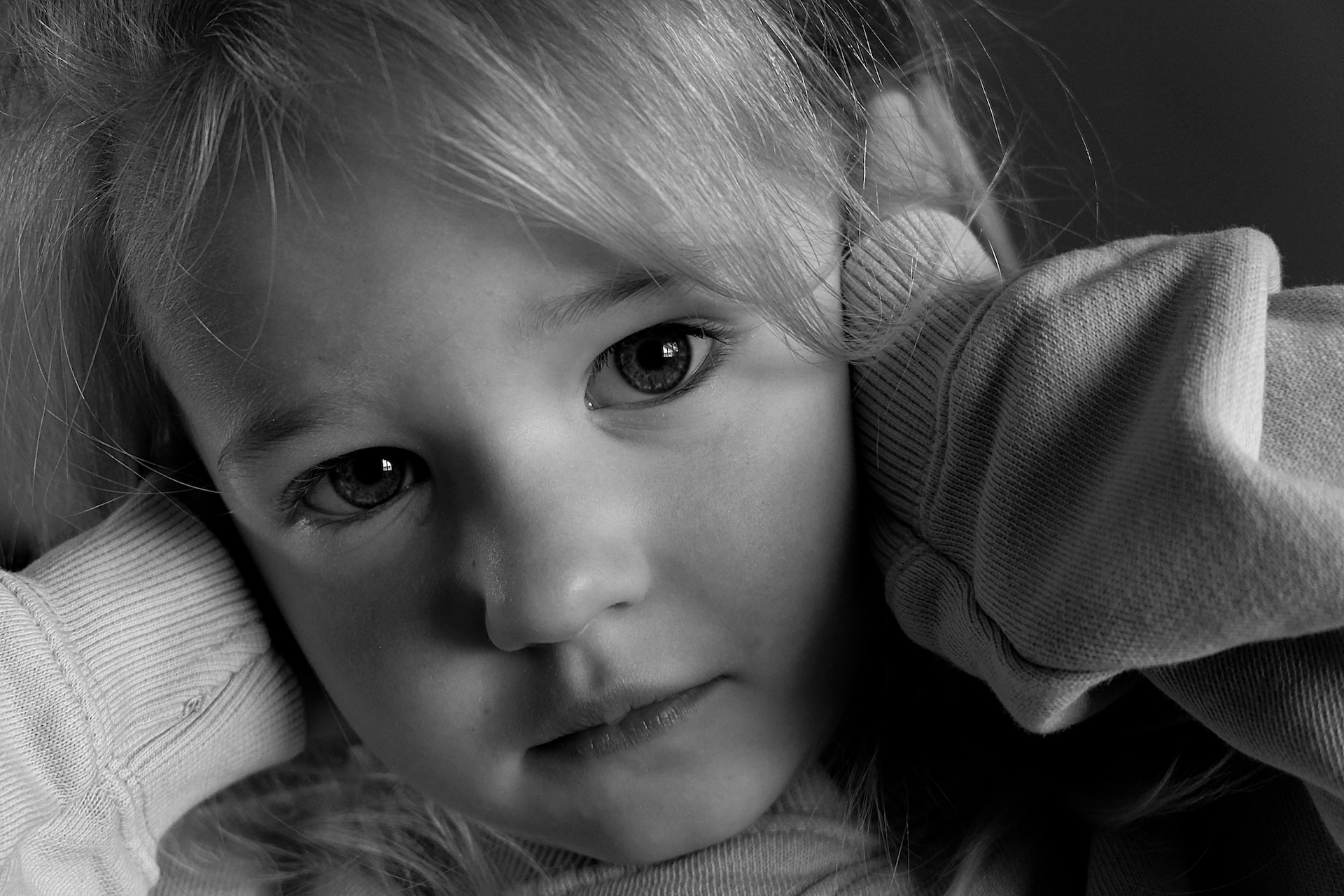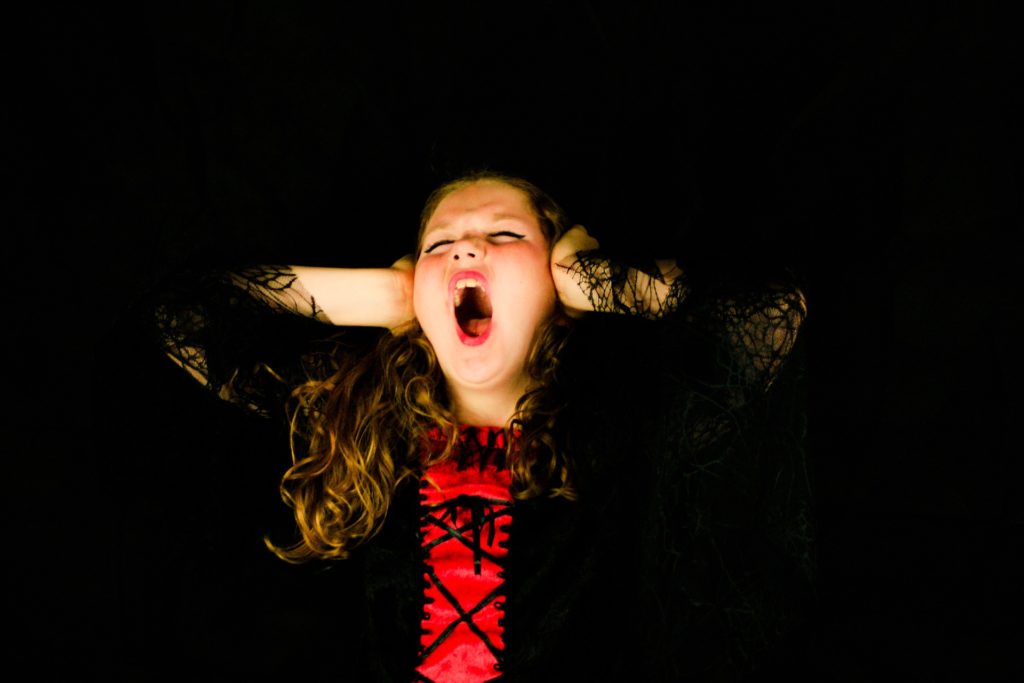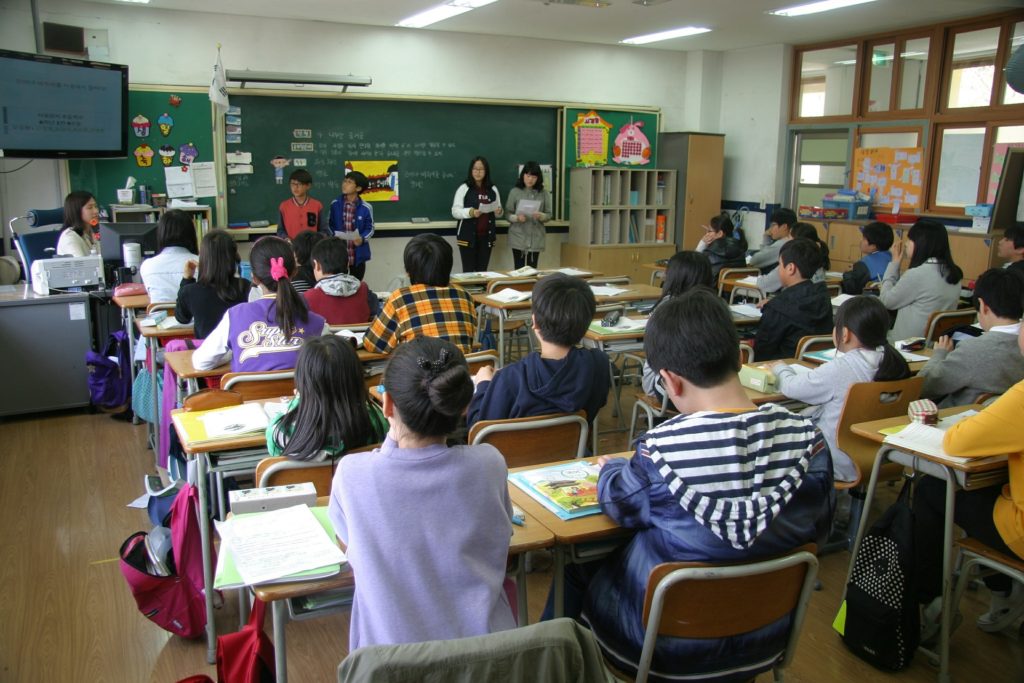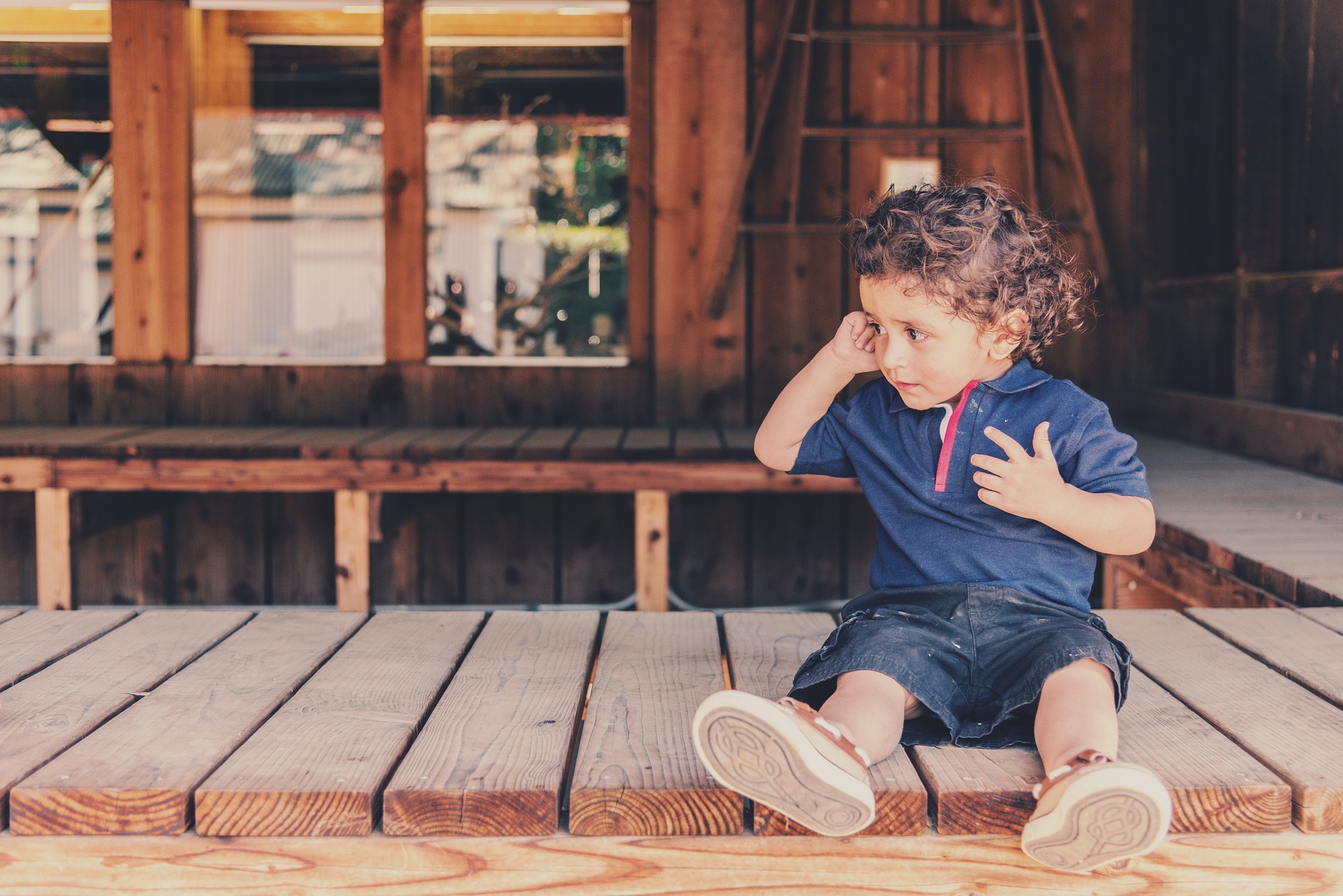In previous years, children born with disorders or deformities were shunned by the community or were considered as bad luck as they had the misfortune of being born with a condition and were probably cursed by the gods. As humans progressed, these conditions were given names and attributed to science and genetics, not the wrath of gods.
One of the most common conditions affecting children is anxiety. Studies have shown that anxiety affects children almost as much as it affects adults. Jaundice is another common condition in children, especially in newborns. This happens when there is too much bilirubin in the body of the child and the liver is not able to process it all. Asthma is also another common condition in children. Asthma causes the lungs to get inflamed easily when a child has a cold or by things in the air like pollen. All these are treatable by medicine or therapy but can still make life difficult for a child.
Physical conditions affecting children are among those that are difficult to outgrow or overcome. Children would usually need intervention like surgery to correct these conditions. One of these conditions is club footedness. It presents itself usually in the womb where a baby’s foot does not develop properly and curves inward and looks like a club, hence the name. Another condition that usually presents itself in the womb is cleft palate. This happens when there is not enough tissue for the palate to fuse properly resulting in an opening on either the hard palate, soft palate or both. Scientists still do not know the exact cause for this condition, but genetics plays a big part in most cases.
As a parent, it is usually very daunting to find out your child has a condition and as you seek treatments to help your child lead a better life, you may turn to resources that are not 100% accurate. When it comes to health, knowledge is vital, not disinformation. In this day and age where technology has all kinds of information available for you at your fingertips, be very wary of your sources and only trust those that have been backed by research and sound science, not something you picked up off of a Facebook group. Though personal experiences and alternative solutions may sound good, especially in your darkest hours, know that these may not hold true for everyone and listening to your health professional is still your best bet.







